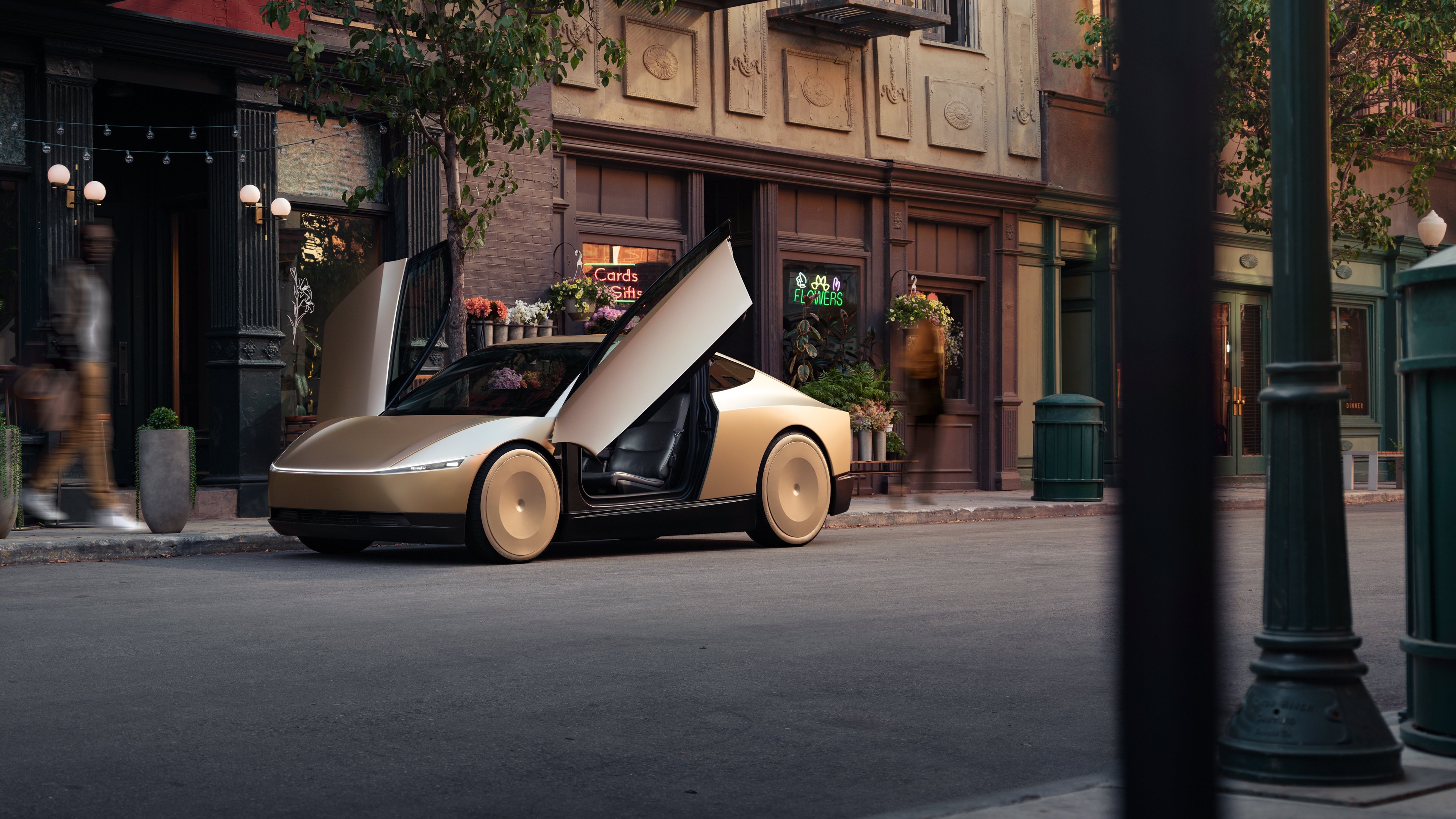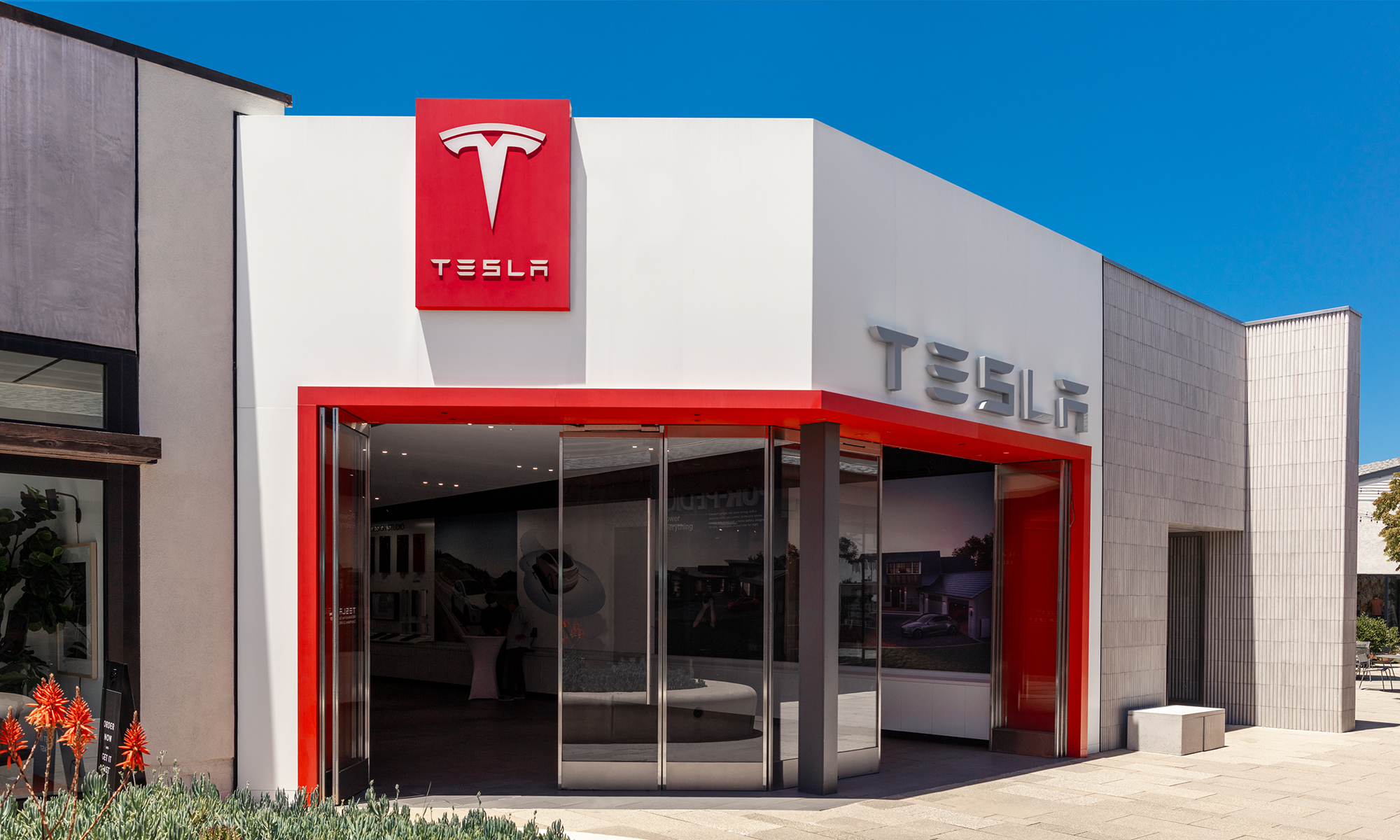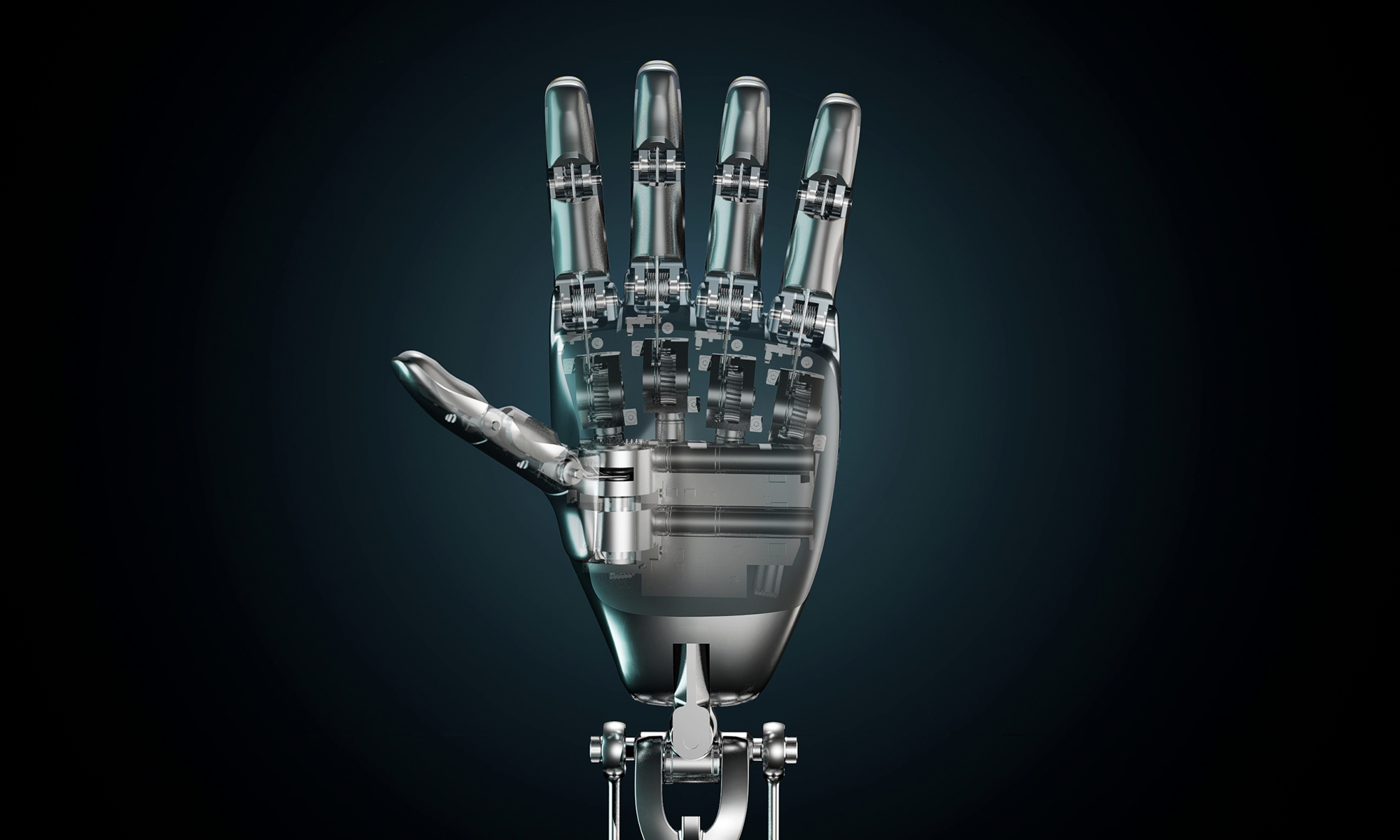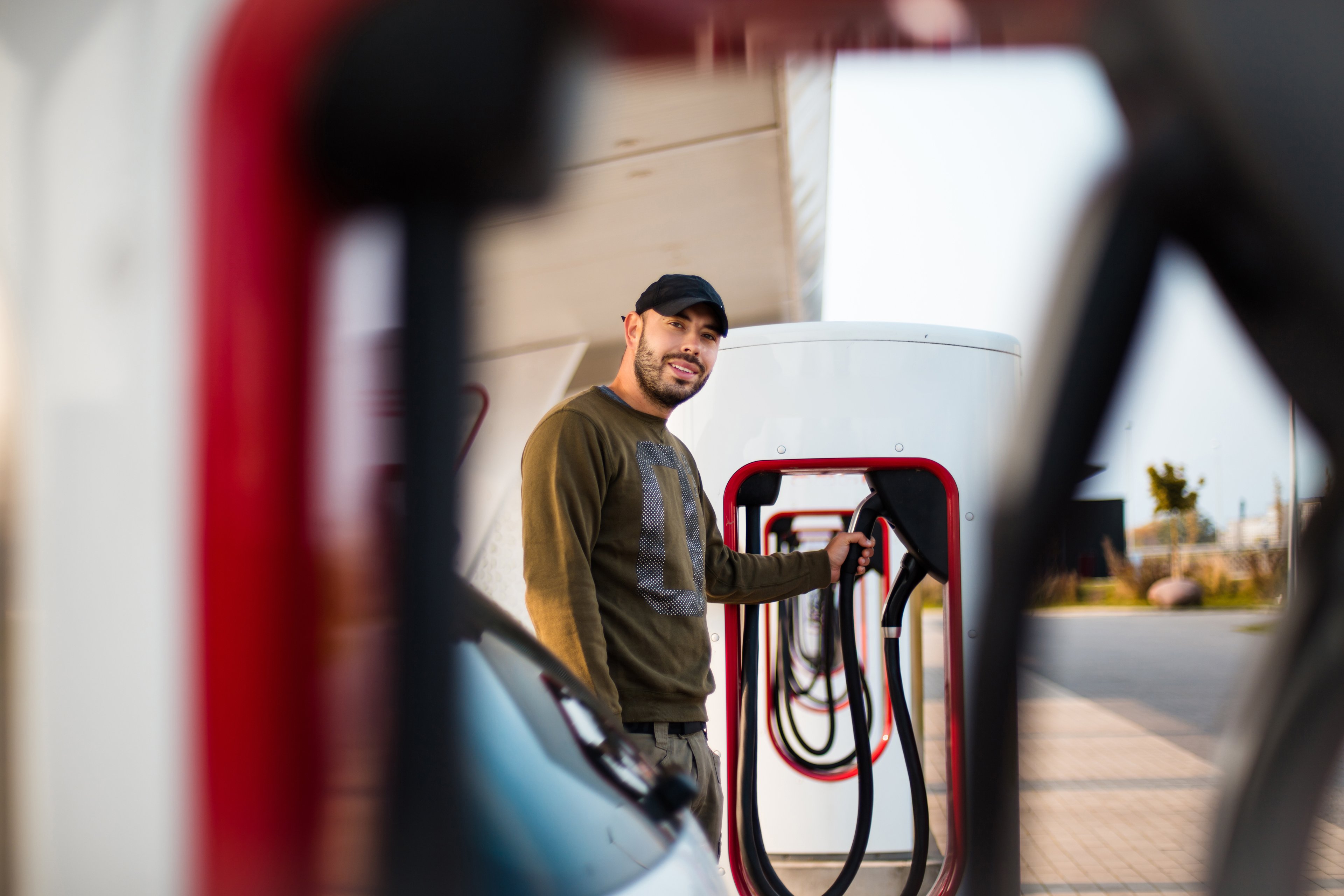Tesla's (TSLA 0.22%) stock has already created plenty of millionaires. After all, its CEO, Elon Musk, is the world's richest man, due in large part to his 13% stake in the company. But past performance doesn't guarantee future success. It's unclear if Tesla still has what it takes to continue its bull run, especially as political pressure and electric vehicle (EV) industry weakness bite.
Let's dig deeper to decide if Tesla's pivot to new opportunities, like robotics and self-driving technology, could help it overcome its weaknesses in its legacy automotive operations and its uncomfortably high valuation.

NASDAQ: TSLA
Key Data Points
Tesla can't just be another automaker
Cars have been around for over 100 years, which means the industry is incredibly mature, leading to low margins and stiff competition. For a time, Tesla had been able to buck these dynamics through high levels of vertical integration, economies of scale, and innovations like giga casting, which replaced complex assembled parts with large single-piece structures. But over time, the company's economic moat has eroded.
The main challenge has been competition from low-cost Chinese EV rivals like BYD and legacy automakers like Ford and General Motors, which have leveraged their massive production infrastructure and dealership networks to scale rapidly. However, Musk certainly hasn't made things easier through his foray into U.S. politics, with his outspoken support for President Donald Trump. Taking a strong political position on one side or the other will inevitably rub a large portion of potenital buyers the wrong way.
Tesla's first-quarter earnings demonstrate its deteriorating brand appeal. Revenue dropped 9% year over year to $21.3 billion, driven by a 20% collapse in the automotive segment, which represents 82% of sales.
The collapse was worst in Europe. Sales on the continent slumped by a stunning 37.2%. The good news is that Tesla's U.S. operations have held up much better -- for now.
Trump remains a wild card for Tesla
So far, many American consumers appear to be keeping their politics separate from their car-buying decisions. U.S. first-quarter sales were down by a relatively modest 9%, according to data from Cox Automotive. However, it's unclear how much longer Tesla's honeymoon period will last.

Image source: Getty Images.
Musk has had public disagreements with Trump over his Big Beautiful Bill legislation, which is currently being debated in Congress. The bigger threat could come from Trump's legislation, which could strip away the $7,500 tax credit for EV purchases.
The loss of government support could undermine Tesla's U.S. business, just as it is facing international weakness and higher costs from tariffs. CNN also reports that under the current language, support may remain for smaller EV companies like Rivian and Lucid, allowing them to maintain lower prices and eat away at Tesla's market share.
Robotics and AI will make or break Tesla
With a price-to-earnings (P/E) ratio of 186, Tesla stock is abnormally expensive for a business with declining sales and profitability. The valuation seems to price in the expectation of dramatic operational growth from its self-driving and robotics ambitions.
There is some reason to be excited. Analysts at McKinsey & Company believe autonomous driving could generate $300 billion to $400 billion in revenue by 2035. Tesla seems to be an early leader in the opportunity, with plans to launch automated taxis in Austin, Texas this month.
The company's focus on low-cost cameras and "computer vision" could give it an edge over rivals like Waymo (a subsidiary of Alphabet), which relies on pricey LiDAR and must source its vehicles from expensive third-party suppliers, adding cost and complexity to its operations.
But while Tesla definitely has the potential to make more millionaires, success is already priced into its valuation. So, the downside risk seems to outweigh the upside right now -- especially considering the immense political uncertainty Musk has brought upon the company.





